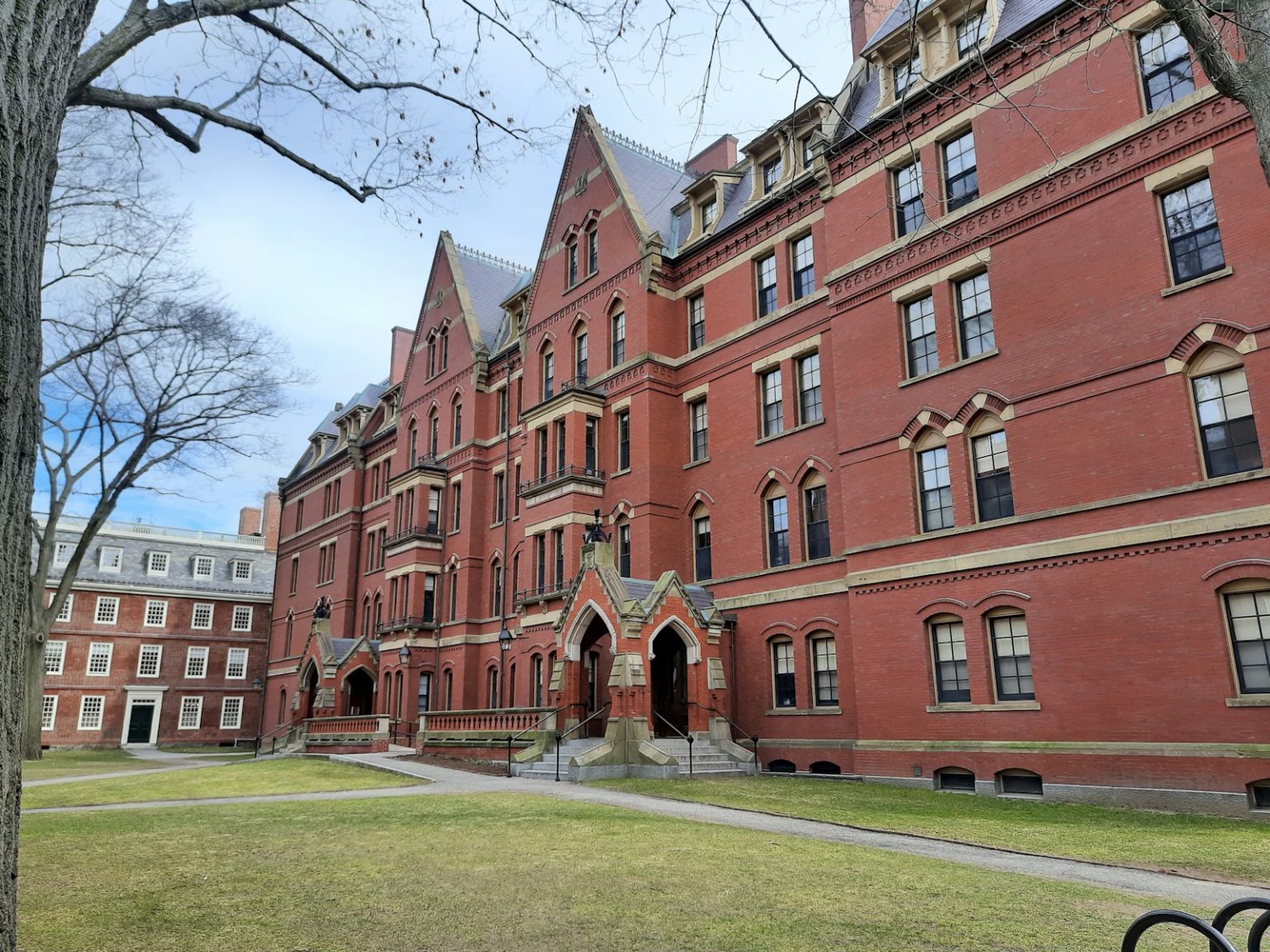In a move that has sent shockwaves through the academic community, Harvard University and the Massachusetts Institute of Technology (MIT) have implemented temporary hiring freezes in response to the Trump administration’s widening crackdown on universities. The administration has targeted institutions it deems to be promoting what it calls “woke” leftist ideology, cutting billions of dollars in research funding and threatening investigations into diversity, equity, and inclusion (DEI) programs. Over the weekend, the Department of Education put 60 colleges and universities on notice, warning of potential sanctions if they fail to comply with the administration’s interpretation of federal civil rights laws.
The measures began with Columbia University, which was penalized for allegedly failing to protect Jewish students from antisemitism related to the pro-Palestinian student movement. Subsequently, immigration agents arrested a Palestinian student activist at Columbia, prompting outcry from free speech advocates and immigration attorneys. Will Creeley, legal director of the Foundation for Individual Rights and Expression, emphasized that green card holders are protected under the First Amendment, making it illegal for the government to punish them for political expression.
The administration has not accused the detained student, Khalil, of any crime. Rafi Ash, a leader of the pro-Palestinian student movement at Brown University, highlighted the chilling effect the arrest could have on campus activism. He criticized the perceived collaboration between educational institutions and the Trump administration, which he described as dedicated to suppressing free speech.
Harvard and MIT implement hiring freeze
Kenneth Marcus, a former Trump administration official and founder of the Louis D. Brandeis Center for Human Rights Under Law, defended the administration’s actions, stating that no college is safe unless they comply with federal laws as interpreted by the administration.
In response to these developments, Harvard’s leadership announced the hiring freeze and other austerity measures, while scrutinizing discretionary spending and reassessing capital projects due to “substantial financial uncertainties driven by rapidly shifting federal policies.” Similarly, MIT announced its own hiring freeze in response to cuts in research funding and potential increases in taxes on university endowments. Further complicating matters, a judge blocked Khalil’s deportation. Elora Mukherjee, a law professor at Columbia and director of the Immigrants’ Rights Clinic, noted that revoking a green card without notice is virtually unheard of and described Khalil’s detention as a clear violation of the First Amendment.
Former Harvard President Lawrence Summers criticized the administration’s actions, describing them as heavy-handed and counterproductive. He warned that such measures could hinder scientific progress and stifle legitimate discourse. As the academic community grapples with these unprecedented federal actions, questions arise about the future of higher education funding and the protection of free speech on campus.
The impact of these measures extends beyond the institutions themselves, potentially affecting the broader scientific and academic progress of the nation.
Photo by; Somesh Kesarla Suresh on Unsplash







